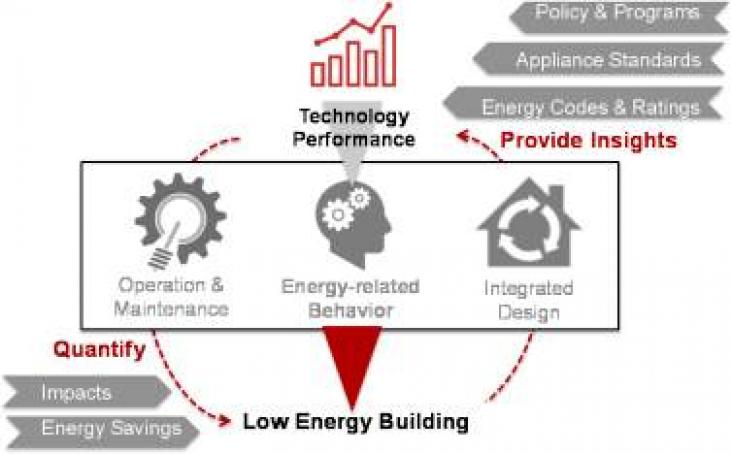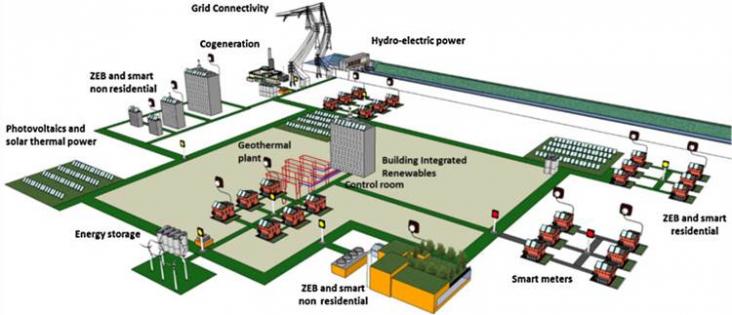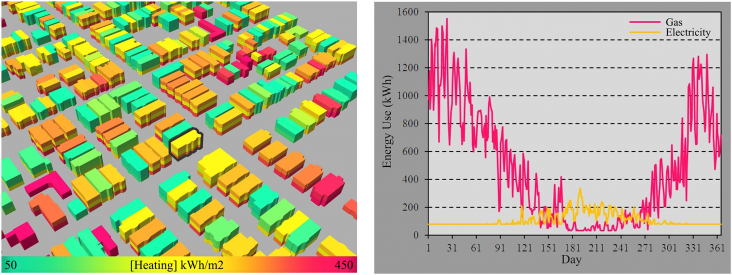The internal combustion engine (ICE) does not efficiently convert chemical energy into mechanical energy. A majority of this energy is dissipated as heat in the exhaust and coolant.
Healthy-food procurement: Using the public plate to reduce food insecurity and diet-related diseases
Sustainability transitions have been studied as complex multi-level processes, but we still know relatively little about how they can be effectively governed, especially in transnational domains.

Occupant behavior is one of the major factors influencing building energy consumption and contributing to uncertainty in building energy use prediction and simulation.

The smart grids are modern electric power grid infrastructure for enhanced efficiency and reliability through automated control, high-power converters, modern communications infrastructure, sensing

Over the past decades, detailed individual building energy models (BEM) on the one side and regional and country-level building stock models on the other side have become established modes of analysis
Recent research on CO2 capture is focusing on the optimization of CO2 absorption using amines (mainly monoethanolamine-MEA) in order to minimize the energy consumption of this very energy-intensive pr
Ecological impacts of industrial agriculture include significant greenhouse gas emissions, loss of biodiversity, widespread pollution by fertilizers and pesticides, soil loss and degradation, declinin
In recent years, several emerging technologies in the domain of solid-state physics have been investigated as serious alternatives for future refrigeration, heat pumping, air conditioning, or even pow

Human health is better now than at any time in history, but these gains have come at a high price: the degradation of nature’s ecological systems on a scale never seen in human history. A growing body of evidence shows that the health of humanity is intrinsically linked to the health of the environment, but by its actions humanity now threatens to destabilise the Earth’s key life-support systems. As a Commission, we conclude that the continuing degradation of natural systems threatens to reverse the health gains seen over the last century. The SDGs provide a great opportunity to integrate health and sustainability through the judicious selection of relevant indicators relevant to human wellbeing, the enabling infrastructure for development, and the supporting natural systems, together with the need for strong governance.
